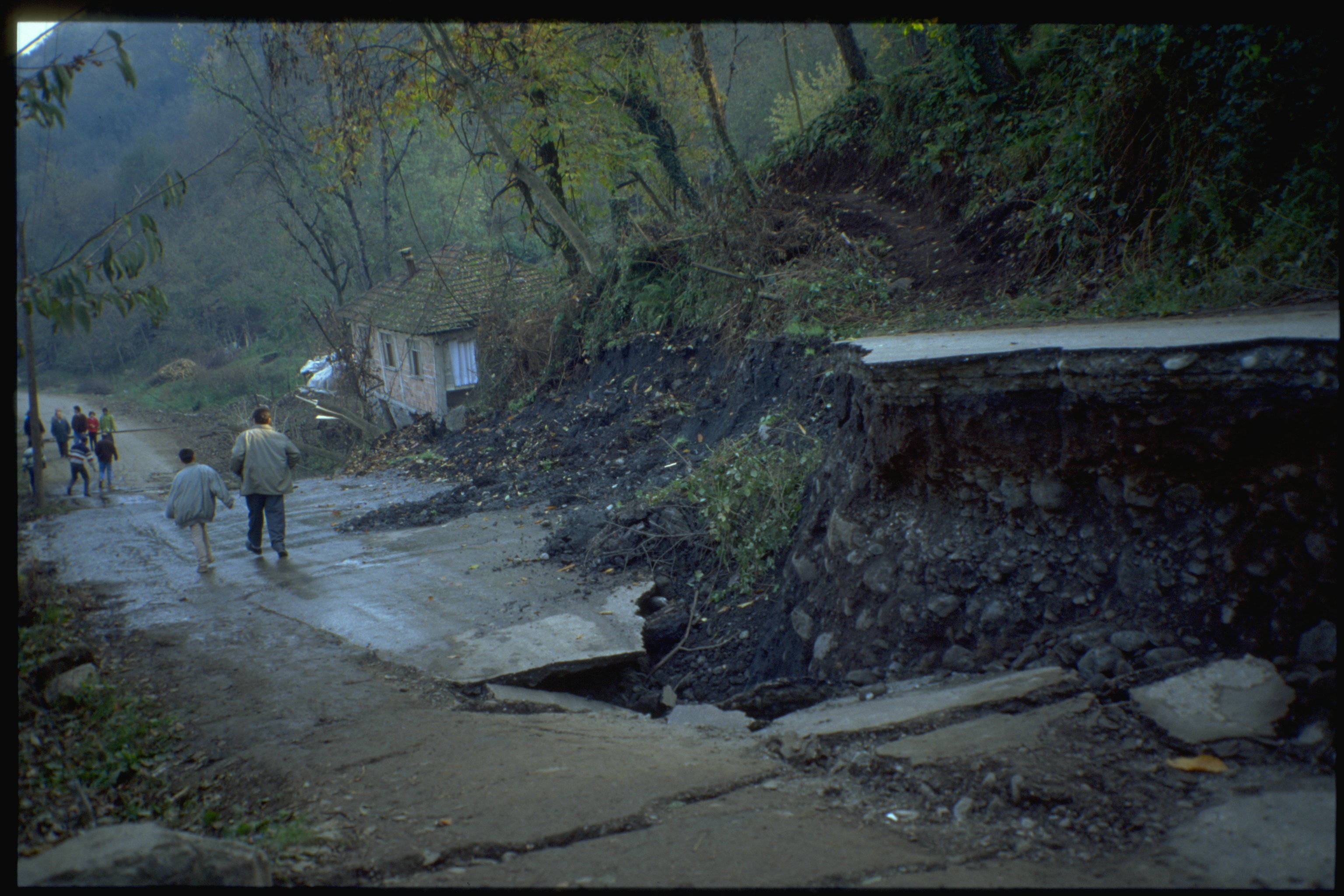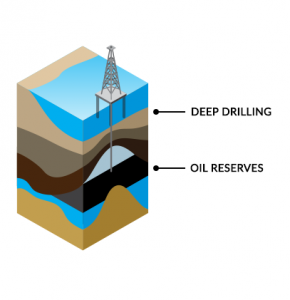All Categories
Featured
Table of Contents
Where Can A Geophysicist Work Other Than The Oil Industry? in Noranda Oz 2023
This work is increasingly contracted out, so consultancies offer another source of work. Consultancy firms vary in size, from extremely little business to big multinationals. Some consultancies are rather specialised in using specific geophysical strategies or operating in particular locations, while others offer a more diverse variety of services to their clients.
The extraction of gas from land fill sites is another location of work and this might grow in the future. Expedition business may undertake work for construction companies, public utility, mining companies and environmental firms, so geophysicists might be used in any of these settings. Other employers consist of: geological surveysgovernment bodies and agenciesuniversities and research study institutes.


Vacancies may be listed in the oil and gas sector press. Recruitment is affected by oil cost fluctuations and the level of competitors for positions varies depending on this. Careers Days, which cover the full series of geoscience careers and are generally attended by a number of key market companies, are run by The Geological Society.
Bsc Geophysics in North Beach Oz 2023
Some of the big oil and gas companies offer a full two-year structured training program across the breadth of geophysics, including the chance to experience operate in different teams before specialising in one location. Your training may include work on: existing wellsmagnetic and gravitational prospective field data analysisresearchrock analysis. However, it's more typical for your initial training to be provided on the task.

There may be a probationary duration throughout which you work along with a knowledgeable colleague. Competency-based appraisals occur frequently in the majority of firms. In smaller sized firms, and for scholastic posts, there is unlikely to be any formal training - you'll be expected to begin work straightaway and get skills as you go along.
If you work for a smaller sized business, you may find that you require to take obligation for setting up and moneying your own advancement and training. If you have a geology degree, subscription of The Geological Society can be beneficial for networking and for maintaining to date with the industry.
Geophysical Survey Permit Program in Swan View Aus 2023
You might likewise discover it beneficial to join the PESGB (The Petroleum Exploration Society of Great Britain, which has a geophysics unique interest group. After a probationary period, and once you've gained some experience, you might progress to senior geophysicist, then team leader and after that into a senior function in management.
The ease of motion in between functions depends on the business structure. Study at Masters or Ph, D level in a subject related to geophysics or geosciences might help with your profession advancement and development. The employment market within the oil and gas industry is really reliant on rate and this may affect your chances for profession progression.
Nevertheless, not all jobs depend on the oil and gas industries. For skilled geophysicists, freelance consultancy provides a great route for career advancement. You can likewise specialise in a specific area of geophysics. As a geophysicist, you're most likely to have several jobs throughout your working life. Global mobility is crucial for dealing with peaks and troughs in different nations at different times.
Geophysical Survey - Durham University in Churchlands Western Australia 2022
From geophysics, it's possible to focus on seismology (completing further training to end up being a seismic interpreter) or to move into related areas such as engineering geology or risk forecast.
Choosing what to study in college is a tough option. Even if you understand that your field of interest depends on science, what program of study is best for you? If you make the decision to major in physical and life sciences and pursue a profession as a geophysicist, you're preparing for an amazing and lucrative occupation.
The very first action to accomplishing your objective of ending up being a geophysicist is making a degree. Even for entry-level positions in the field of geoscience, you'll need a bachelor's degree (a geophysicist college degree) from a certified college or university. Geophysicists must be able to: examine rocks, photos, and other pieces of data conduct research study both in the field and in laboratories produce maps and charts of their findings write reports To accomplish all this, students need a specialized education for geophysicist careers.
As specified above, you'll require a bachelor's degree in geoscience or a related discipline, such as a physical science or a life sciences, to land an entry-level task. Students can also prepare by majoring in topics like: Biology Chemistry Computer science Engineering Mathematics Physics The above geophysicist majors use a more generalized method to a single clinical discipline, but the majority of programs require trainees to take one or more geology course.
Latest Posts
Geoscientist - College Of Science in St James Aus 2021
What Is A Seismic Survey? in Straffon Oz 2021
What Are Geological, Geochemical, in Hovea WA 2022